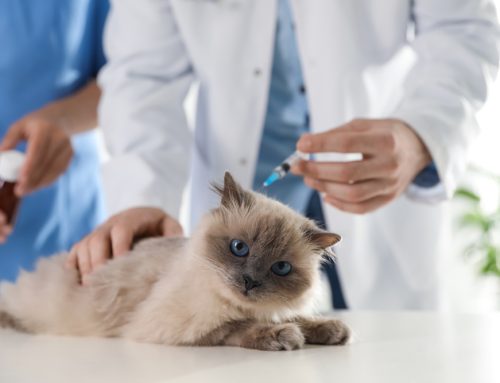Lymphoma = the most common cancer in dogs & gastrointestinal (GI) lymphoma is the most common form.
Most dogs diagnosed with GI lymphoma are around the age of 9 to 13 years.
The most common symptom of GI lymphoma is weight loss followed by decreased appetite, vomiting , & diarrhea.
Abdominal ultrasound can be a strong diagnostic tool for GI lymphoma, but tissue samples are necessary for a definitive diagnosis.
Histologic cell type (small versus large cell lymphoma) is a strong predictor of response to treatment & survival time.
Exam findings of cat may reveal a poor body condition, an unkempt haircoat, a thickened bowel, or a palpable abdominal mass.
The presence of an abdominal mass is more suggestive of high-grade lymphoma, whereas cats with low-grade lymphoma are more likely to have diffusely thickened bowel loops.
Lymphoma is a systemic disease in cats & chemotherapy is the treatment of choice.
Cats with low-grade lymphoma have significantly better remission rates (69% versus 18%) & survival times (17 versus 2.7 months) than do cats with high-grade lymphoma treated with multiagent chemotherapy.







Leave A Comment